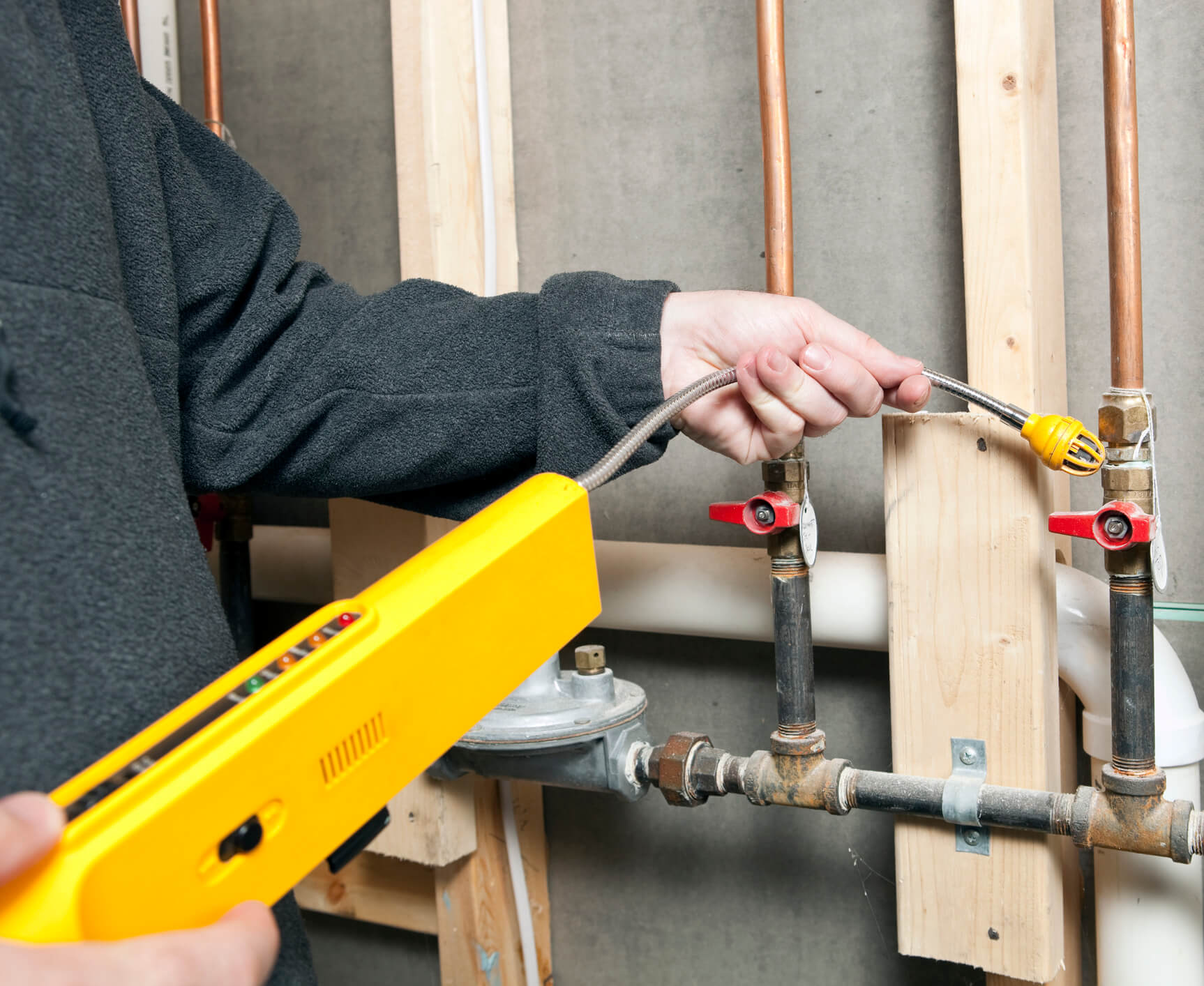

Natural gas is also a colorless, odorless gas. Shipley Energy, as well as most other Natural gas suppliers add a chemical called “mercaptan” to give the gas that “rotten eggs” smell that is commonly known. This makes it easy to detect in the event of a natural gas leak. Natural gas is nontoxic and will dissipate harmlessly in the air, but it is highly combustible. Shipley recommends the following precautions for natural gas users:
If you happen to detect an odd or “rotten egg” smell in your home, Shipley urges you take the following actions:
Regular inspections and cleanings of your heating system help to ensure maximum efficiency during the winter months.
Carbon monoxide (CO) is a colorless, odorless gas that can be deadly. It is the byproduct of incomplete combustion of any type of fossil fuel, including Bioheat™ Heating Oil, coal and natural gas. Symptoms of CO poisoning are “flu-like” and include headache, dizziness, nausea, vomiting and confusion. You should suspect the presence of CO if your symptoms improve or disappear when you leave a particular building where you think there may be a buildup of CO. If that occurs, here are some lifesaving tips: